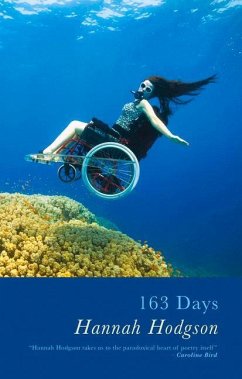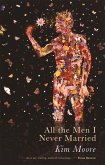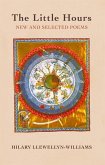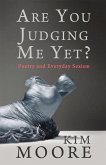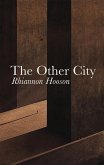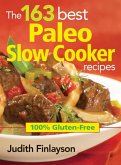Hannah Hodgson is a seriously ill poet, who uses a panoply of vocabularies to evoke the medical, the poetic and professional to explore what illness, death and dying does to a young person, as both patient and witness . 163 Days is the longest hospitalisation she has had to date âEUR" and so, with this as a scaffold she charts how medical, legal and personal truths clash as loudly as a dropped tray of instruments in a silent operating theatre. In this long singular poem, she probes what she once thought of as truth, what the law considers the truth, and the traumatic truth, which is something only the body can hold. At the time of this narrative she is sixteen, turning seventeen in a hospital ward decked out in primary colours, clowns who volunteer to visit unwell children, and four Easter Eggs per patient on a ward where only one child can eat. That child is stared at while they eat, as Hannah begins to forget the taste of food. Doctors struggle to diagnose her overlapping chronic health conditions which began with rapid weight loss and means she cannot eat or absorb nutrients properly. She suffers heart-rending symptoms as well as all numerous, often very painful, tests and procedures that are necessary to keep her alive long enough to figure out what is wrong with her. Each day features two entries, a diary-like poem exploring her version of the day, and another charting notes that could be found within medical notes. The diary-like entries by the author are distinguished by both clarity and despair. She has a gift for description that brings us, sometimes almost unbearably close, to her suffering. The narrowness of her veins means she is a challenge to the nurses who must insert drip-feeds and IVâEUR(TM)s and take regular blood tests from her arms that are soon too pock-marked and scarred to use for this purpose, so lines must be threaded through veins in her neck and feet; eventually needing semi permanent lines threaded up the inside of her elbow to her shoulder, near her heart. We feel her sorrow but also her frustration at being undiagnosed, yet subject to hospital routines that sometimes seem arbitrary, like the need to sweep up and dispose of the cards from her friends, deemed an âEUR¿infection riskâEUR(TM). Likewise, hospital staff seem sometimes wonderfully kind and at others, seemingly casually negligent, cold or cruel. The length of time means she goes through numerous shifts, staff rotas and medical student rotations. The institutional quality of the institution is at question here, as is the freedom of the vulnerable individual in this setting. At one point, at 17, she is âEUR¿too oldâEUR(TM) for the childrenâEUR(TM)s hospital yet âEUR¿too youngâEUR(TM) for the adult ward. The lobbying involved in solving this dilemma is both impressive and absurd; there are meetings held between adults and childrenâEUR(TM)s hospitals about care responsibilities, meetings she wasnâEUR(TM)t allowed to attend. Beyond the ethics and machinery of care, what the diary entries show most movingly is the authorâEUR(TM)s coming-of-age story, learning both kind and terrible truths which it takes healthy adults a lifetime to amass. In the âEUR¿aftercareâEUR(TM) poems we see the author embark on a new version of her life as a disabled young person, a hospice user, a body disintegrating, declining to the extent she has seventeen (diagnosed) issues, falling under the branch of her life limiting diagnosis. Readers will be moved, surprised and enlightened by this compelling debut collection of poems. It is not an easy read but has a compelling centre, a true voice. Listen to Hannah and realise there is another map of Earth. Can I get out of bed, or is that medically unsafe today? Do you remember if the local Spar has a dipped curb in front of it? Why do hearing T-Loops never have the batteries so I can connect them to my hearing aids? Can you really suffocate if the lift stops mid transfer? A compelling and important collection by a gifted young author.
Hinweis: Dieser Artikel kann nur an eine deutsche Lieferadresse ausgeliefert werden.
Hinweis: Dieser Artikel kann nur an eine deutsche Lieferadresse ausgeliefert werden.

